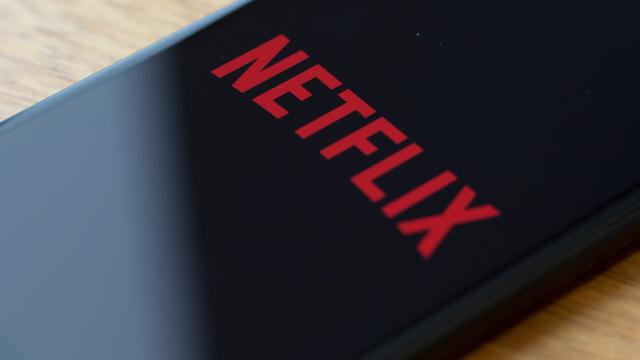With people self-quarantining in order to help stop the spread of covid-19, many are turning to streaming video services to pass the time while they are cooped up inside. But now, due to a massive spike in users and bandwidth, the EU is asking companies like Netflix and home users alike to lower streaming video quality to help prevent the internet from breaking.
While the idea of the entire internet grinding to a halt might seem ridiculous, the sheer number of users relying on the internet for both work and entertainment right now is already pushing the net’s infrastructure to its limits. Just in the last week, many online gaming services like Xbox Live and Playstation Network and telework services like Zoom and Microsoft Teams have been knocked offline at times due to demand.
Important phone conversation with @ReedHastings, CEO of @Netflix
To beat #COVID19, we #StayAtHome
Teleworking & streaming help a lot but infrastructures might be in strain.
To secure Internet access for all, let’s #SwitchToStandard definition when HD is not necessary.
— Thierry Breton (@ThierryBreton) March 18, 2020
But when it comes to Netflix—which was responsible for 12.9 per cent of global downstream traffic in the first half of 2019—EU commissioner Thierry Breton is asking both companies and consumers to switch to standard definition video when possible. Breton even reached out to Netflix CEO Reed Hastings directly to talk about the issue, but so far, the EU has yet to issue an official mandate regarding a change in streaming policy due to covid-19.
When asked for an official statement on the matter, a Netflix spokesperson said “Commissioner Breton is right to highlight the importance of ensuring that the Internet continues to run smoothly during this critical time. We’ve been focused on network efficiency for many years, including providing our Open Connect service for free to telecommunications companies”.
That said, Breton’s fears about Netflix, in particular, overloading the internet may be somewhat overblown, as Netflix already automatically adjusts streaming video quality based on available bandwidth and current network conditions, while Netflix’s Open Connect program provides free content delivery networks to local ISPs, which helps reduce global network congestion.
Furthermore, Netflix’s share of global downstream traffic has fallen in recent years. In 2018, Netflix was responsible for 15 per cent of global traffic (versus 12.9 per cent in H1 2019), and in 2019, Netflix lost its title as the world’s biggest bandwidth user to the combined total of other web-based streaming services.
However, when it comes to the internet at large, Breton’s point is still important, and for users feeling limited by their home internet connections, it can be helpful to ease congestion by turning off or lowering the quality of superfluous data streams and videos.
[referenced url=”https://gizmodo.com.au/2020/03/netflix-free-trial-australia/” thumb=”https://gizmodo.com.au/wp-content/uploads/2019/10/netflix-app-410×231.jpg” title=”Netflix Quietly Removes 30 Day Free Trials In Australia” excerpt=”With more streaming services launching in Australia, you’d think we’d be seeing more incentives being pushed by providers. And yet streaming giant Netflix has removed its 30-day-free trials in Australia.”]
